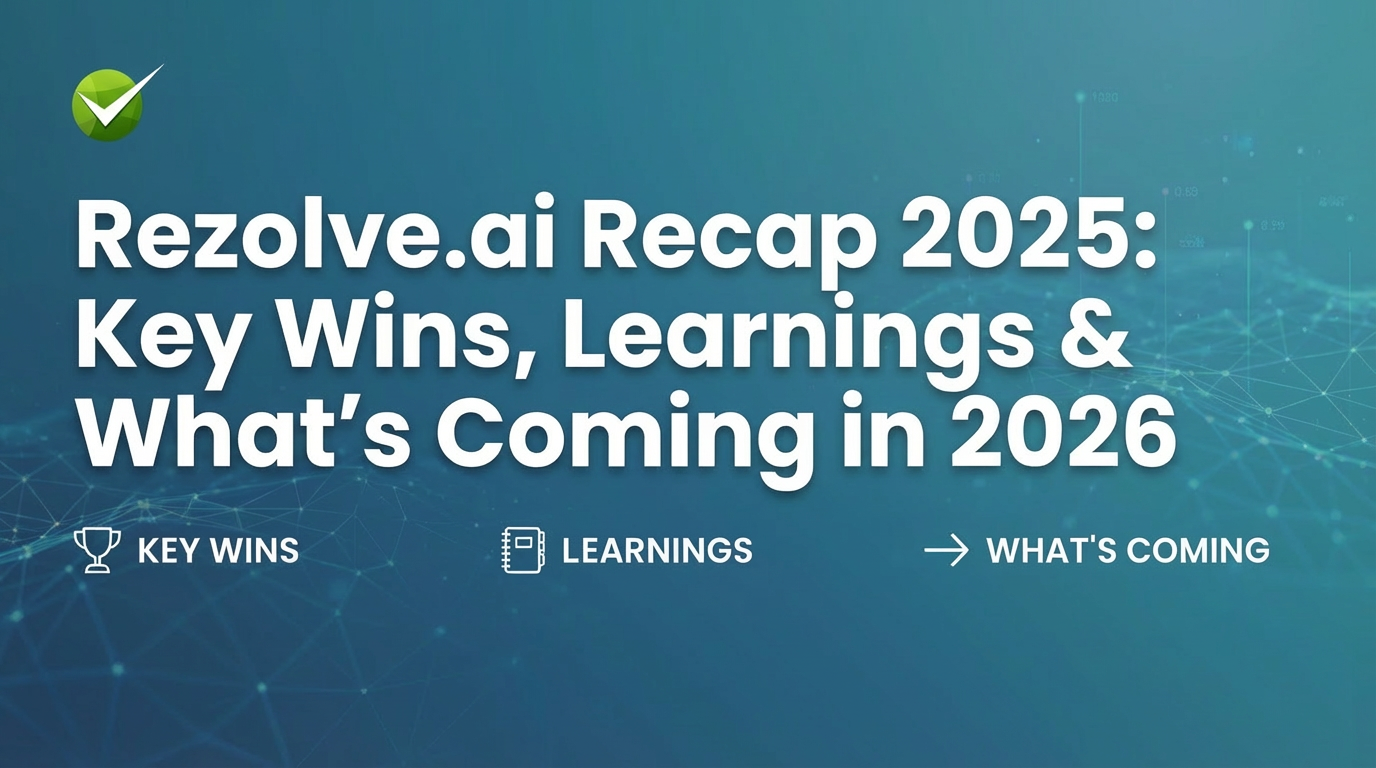Employee support is one of the key factors that determine the engagement and productivity of your employees. Today, the support provided to your employees needs to be significantly different from the traditional support practices. Modern employee service desks are designed to help you provide automated and streamlined support to your employees.
Before we understand what, conversational support is and how it helps you enhance employee relationships, let us understand the drawbacks of traditional employee support.
Major Drawbacks Of Traditional Employee Support
- Absence Of An Centralized Platform
Traditionally, employee support was limited to IT service desks and HR help desks that resorted to manual processes. There was no centralized platform to provide streamlined support to all employees working across different departments. Such fragmented information often led to confusion as to whom to approach and where to resolve one's issues. - Trouble In Remote Onboarding
The traditional HR support can no longer be used for onboarding employees working remotely. Over the last few years, working remotely has been on the rise and organizations across the board have started functioning virtually. In such a scenario, HR teams cannot implement the traditional strategies to onboard the employees working from their homes.
Lack of effective onboarding of remote employees is likely to affect their overall engagement, ultimately increasing the chances of switching to a different company. - Excessive Dependence On Agents
The traditional system of employee support was heavily dependent on support agents. Every question and issue raised by the employees was directly routed to the support agents, making them overburdened with cases. This led to the agents not focusing enough on all cases and the resolutions getting delayed. - Lack Of Personalized Employee Support
Traditional employee support was rarely personalized. As the agents were exhausted with a plethora of cases, they resorted to providing generic solutions to the issues faced by the employees. This reduced the value of a traditional service desk and the overall support obtained by the employees. - Traditional Ticketing System
The traditional employee support was provided using a manual ticketing system. This often resulted in the non-technical employees finding it difficult to locate the ticketing platform, creating support tickets, and tracking them in real-time. This approach left employees confused and dissatisfied with the support provided by the companies.
Improving Employee Relationships Using Conversational Support
Conversational support is a modern alternative to providing seamless and automated support to your employees. It involves the technology of conversational AI, allowing your employees to interact with AI chatbots. These virtual assistants understand the issues faced by your employees and provide them with personalized solutions.
The use of conversational AI provides your employees with an ideal blend of the precision of a machine and the interactive nature of a human being. Essentially, modern technology provides a virtual support agent to all your employees to resolve their issues whenever they encounter them.
Here are some of how conversational support can be used to improve your employee relations:
- Providing Automated Primary Support
Conversational support allows you to provide automated primary support to your employees without the need for support agents. When an employee asks a question, the AI chatbots understand the intent and scan your enterprise knowledge base for solutions. Within a few seconds, the chatbots return with a personalized solution best suited for the concerned employee.
This helps you reduce the dependence on your support agents for providing immediate support to your employees. The use of AI chatbots allows your employees to obtain seamless support, especially in emergencies. Instead of waiting for the agents to look into their cases, employees can interact with the virtual assistants and resolve their issues. - Auto-resolution Of Employee Issues Through Automated Ticketing System
With the help of conversational AI, you can completely automate the ticketing system to relieve your employees of the complications of the manual ticketing process. Modern service desks allow your employees to create support tickets by initiating a chat with the AI chatbots.
Once a ticket is created, the chatbots would route the case and all relevant details about the concerned employee to a suitable support agent. As the chatbots themselves handle the primary cases, it allows the support agents to look into the cases in detail and provide personalized solutions.
While an agent is handling the case, a modern service desk sends automated notifications to the employee about the status of their case. This allows them to keep track of their case in real-time. When the issue is resolved and the employee is happy with the answers, the chatbots automatically close the ticket and record the case details into the enterprise knowledge base.
This way, conversational support allows your employees to auto-resolve their issues without making any effort to create their support tickets manually. - Microlearning Through Chatbots
Microlearning is a fairly new addition to modern learning techniques. It involves providing your employees with learning materials in smaller chunks daily. With conversational support, you can get your employees trained as they interact with the chatbots and obtain answers to their questions.
Microlearning allows you to tap into the limited attention span of your employees and prevent them from taking up lengthy courses to get trained in specific skills. All you need to do is add the necessary training resources to your knowledge base and have your employees access the same from their respective devices. This way, they can train themselves by spending not more than ten minutes every day on the sessions. - Onboarding Remote Employees
Conversational support allows you to resolve the issue of onboarding remote employees effectively. The modern service desk helps you send all the required resources to your new employees based on the user persona through personalized emails.
These personalized emails can be filled with a welcome letter, login credentials for email and collaborative platforms, company policies, contact details of team members, and every other information you need to provide to your employees. This helps your HR managers ensure that the new employees are onboarded well without interacting with them physically. Moreover, conversational support allows your employees to obtain personalized solutions to all their queries during their initial days in the organization. - Seamless Integration With Collaborative Platforms
Remote working is incomplete without the implementation of collaborative platforms. These platforms have remote employees and the management to communicate and collaborate without a physical workspace.
Conversational support can be leveraged by integrating it with your collaborative platform. This allows your employees to interact with AI chatbots, resolve their issues on the same platform they use for work, and collaborate with their peers. Without the need to switch to an external service desk, your employees can obtain personalized solutions to their issues.
Moreover, the integration of conversational AI with your collaborative platform allows chatbots to access valuable information about your employees, helping them provide better and more personalized support to them. - Automation Of Repetitive Processes
In traditional ITSM tools, the IT team was often required to perform repetitive tasks like changing and resetting passwords. This took up most of the IT professionals' time in undertaking these processes, distracting them from their actual work.
With conversational support, your employees can automate these processes without the need for the IT team. If they need to change their passwords, they need to chat with the virtual assistants, and the platform would trigger a series of automated processes. The request would be connected to the back-end, the concerned employee's identity would be confirmed, and the password with be successfully changed within a few seconds. This relieves your IT teams from performing such repetitive tasks manually, letting them focus on the more important processes. - Conveying Employee Benefits And Work Policies
It often becomes difficult for the management to communicate the work policies and benefits provided to the employees. The process of getting in touch with the HR professionals repeatedly becomes too tedious for the employees.
By incorporating conversational support within the organization, your employees can interact with the chatbots to obtain all information required regarding their benefits and work policies. All you need to do is all the necessary data into your knowledge base, and the AI chatbots would provide the same to your employees as and when required.
Moreover, modern service desks allow you to set up automated notifications to inform your employees whenever changes are made to their benefits or company policies.
The Final Word
These were some of the significant ways to enhance the relationship with your employees with the help of conversational support. Switching from the traditional support processes to a modern service desk would help you streamline your employee support, leading to increased engagement and productivity.





.webp)




.jpg)

.png)








.png)